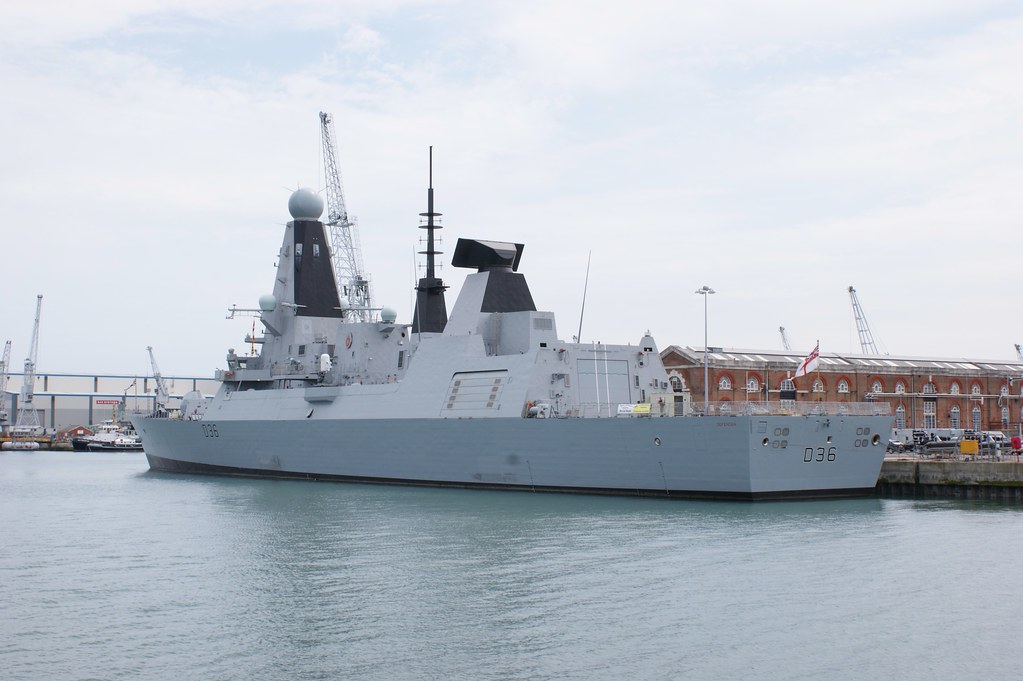On the 23rd of June, the British ‘HMS Defender’ warship was followed by several Russian fighter jets after it sailed within 12 miles of Crimea’s coastline. The ship was sailing from Odessa in Southern Ukraine to Georgia and chose to sail near the disputed region in order to assert its right to travel in what the UK government regards a legally recognised shipping lane. The decision to sail close to Crimea is considered provocative by Russia because under international law, the twelve-mile territorial sea is part of Crimean territory. Putin has claimed that the US was involved in this action, alleging that a US reconnaissance aircraft was spotted in the area beforehand.
After being a Russian territory since the 1780s, Crimea’s status was changed from the Crimean Autonomous Soviet Socialist Republic to the Ukrainian Soviet Socialist Republic without the consultation of the Crimean population in 1954. This was due to “the commonality of the economy, the proximity, and close economic and cultural relations between the Crimean region and the Ukrainian SSR.” The region remained part of Ukraine following the overthrow of the Soviet Union until Russia annexed the territory after voters in the Russian speaking territory overwhelmingly voted to join the Russian Federation after the 2014 NATO backed ‘Euromaidan’ coup in Kiev.
Although the annexation of Crimea is not legitimate under international law, the Russian government now considers the status of the region as non-negotiable and considers NATO’s condemnation of the annexation as hypocritical given the military alliance’s support for the breakup of Yugoslavia in the 1990s.
Earlier this week, classified military documents pertaining to this military action were discovered by a member of the public in Kent. The documents reveal that either ‘a short stretch through a “Traffic Separation Scheme’ (TSS) close to the South-West tip of Crimea,” or a route that kept HMS Defender further from the coastline were considered. The first option was chosen because of the belief amongst British military officials that staying away from Crimea would give Russia the impression of ‘the UK being scared/running away.’
BBC Diplomatic Correspondent James Landale confirmed that the decision to sail close to Crimea was the result of a choice made at the highest levels of the British government. The pre-panned nature of this provocation was also shown by the presence of the BBC’s Defence Correspondent Jonathan Beale onboard the ship. This comes after the Grayzone released classified documents in February this year showing that the Counter Disinformation & Media Development (CDMD) unit of the UK Foreign Office was working alongside the BBC and Reuters to change perceptions of the Russian government in Russia and Eastern Europe.
Alec Smith, is a member of the YCL’s West Yorkshire branch



